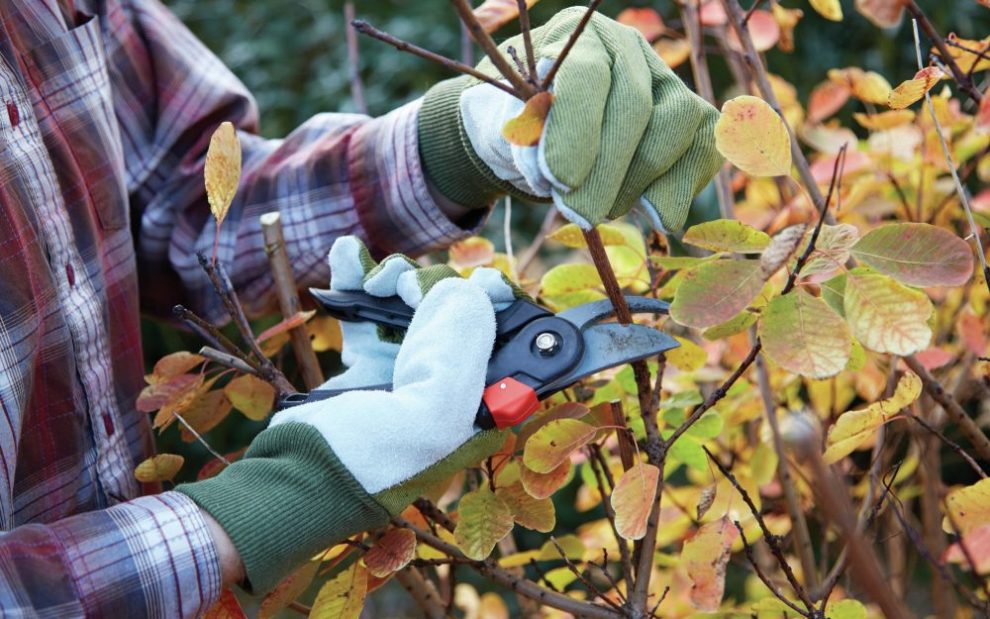I recently helped a friend move some exercise equipment. Mighty heavy exercise equipment to be precise. Exercise equipment that had to be taken apart in one location, then reassembled in another. Now, to his credit, I know my friend does use this equipment. But, how many of us have exercise equipment that we don’t use? How many of us start with the best of intentions, making resolutions to attend to our health and well-being, but quickly fade as time goes on?
The treadmill rarely treads, the exercise bike gathers dust, and all of it takes up space. It not only takes up space in our homes, it takes up space in our minds! We see it with a pang of guilt. We tell ourselves, “I should really get back into the routine of exercising.” Or, perhaps worse yet, maybe we’re tempted to buy a new piece of equipment, thinking that’ll convince us to start exercising again.
Now, to paraphrase Jesus: Before you point out the unused exercise equipment in your neighbor’s basement, look at the unused exercise equipment taking up space in your basement, garage, closet, and elsewhere. And, if it’s not unused exercise equipment it’s something else. Unused things take up space in our homes and in our minds.
At the beginning of the COVID-19 pandemic, like many people, I started to take a daily walk. Much to my own surprise, and to the surprise of others, I have been able to turn this into a habit. Somehow, I am able to get up early every morning and take a walk before entering into the day’s work. I think I’ve been able to persevere in this because of some advice I read. It suggested pairing exercise with some other activity that you value or enjoy. So, I pair walking with listening to spiritual reading on audiobooks. From Pope Francis to Jesuit Father James Martin, from St. Julian of Norwich to Franciscan Father Richard Rohr, spiritual reading is the soundtrack to my daily walk. Before I have a chance to fall into habits of thought or worry about the day, I hear meaningful spiritual insights.
Halfway through my walk, I shut off the audiobook and enter into prayerful silence. I’m amazed at how radiant and alive the world is in those moments. I feel completely attuned to the present and God’s presence. The ancient Chinese sage Lao Tzu asks, “Do you have the patience to wait till your mud settles and the water is clear?” I think my daily morning walk has become that process, allowing the mud to settle and my mind and heart to be clear. Then, in the silence, God’s presence is clear too.
What then? Sometimes continued peaceful presence and silence. Sometimes a daily examen or conversation with God. Sometimes prayer for those in need or more likely, a mixture of these. Often this is accompanied by an attentiveness to the beauty and wonder of God’s creation around me. God also speaks through creation. The other day I noticed a group of trees. What stood out about these trees was that, while they were filled with leaves, each had a number of dead branches. For a moment I wished I could trim these branches, to help the rest of the tree thrive and grow. But that also made me look inward and ask: “What branches in my own life need to be trimmed?” “What do I have to let go of?” “What dead branches might I be holding on to that are preventing me from growing?”
Whether it’s trimming branches or divesting of the exercise equipment that we’re never going to use, there are things we need to let go of. They are taking up space in our minds and hearts that could be used to nurture new thoughts and growth. Trim these branches and God will certainly nurture new and often unexpected growth.
This article also appears in the January 2022 issue of U.S. Catholic (Vol. 87, No. 1, page 7). Click here to subscribe to the magazine.
Image: iStock/Pablo Rodriguez1
















Add comment